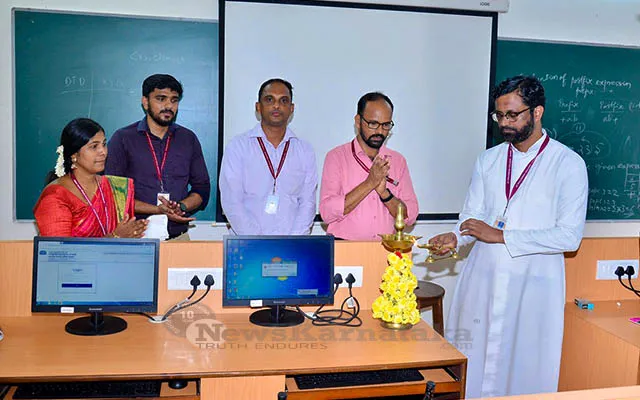 New York: Researchers have found a new drug for treating pancreatic cancer which showed promising initial results during clinical trial testing.
New York: Researchers have found a new drug for treating pancreatic cancer which showed promising initial results during clinical trial testing.
The trial looked at AZD1775, an inhibitor designed to block an enzyme called Wee1, which plays a role in DNA damage repair.
The trial builds on almost 20 years of research focused on improving the treatment of pancreatic cancer that is too advanced for surgery.
“If we can disable the DNA damage response in pancreatic cancer cells, it might eliminate treatment resistance and sensitize the cancer to the effects of both radiation and chemotherapy,” said study lead author Kyle Cuneo, Associate Professor at the University of Michigan.
Radiation and the chemotherapy drug gemcitabine, which are a standard treatment for pancreatic cancer, both work by causing damage to DNA. But pancreatic cancer has a way of repairing that damage, which limits how effective these therapies can be.
The researchers found AZD1775 prevents pancreatic cancer from protecting itself against the effects of radiation and gemcitabine, while leaving normal cells relatively unaffected.
The trial enrolled 34 patients with advanced pancreatic cancer. Patients received AZD1775 in addition to radiation and gemcitabine.
The goal of the study was to determine the maximum tolerated dose of AZD1775 in this combination. In the process, the researchers also found that this combination resulted in better than expected overall survival.
Pancreatic cancer is particularly known for spreading to distant parts of the body, part of the reason overall five-year survival is just nine per cent.
“If we’re ever going to cure pancreatic cancer, we’re going to need effective systemic treatment as well as local therapy. Our data suggests that AZD1775 can do both,” said study author Ted Lawrence.
The median overall survival in the study was 22 months, with no progression for a median of nine months.
“Adding AZD1775 to radiation and gemcitabine was relatively well tolerated with encouraging survival results,” Cuneo added.

















